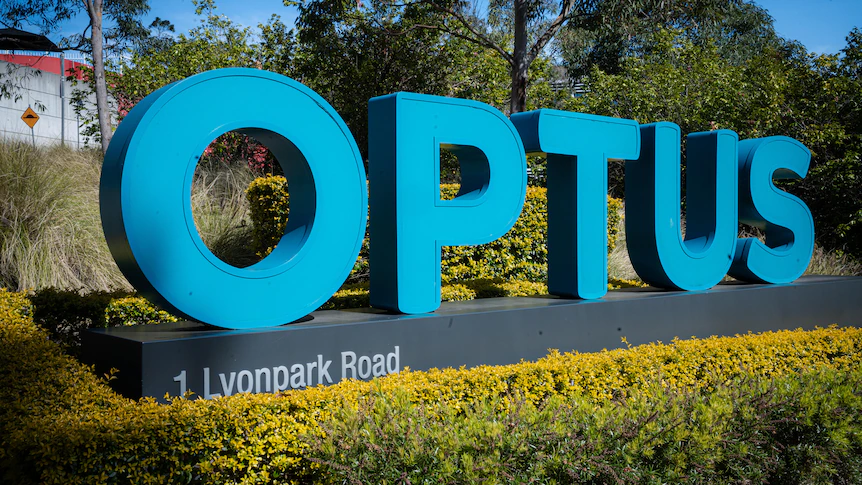By Abdo Riani,Senior Contributor
Copyright forbes

If you want your startup to move in leaps instead of increments, guard your attention like you guard your runway. Your calendar is your strategy, and the cost of ignoring that truth is one you can’t afford.
Ask any founder what their biggest bottleneck is, and you’ll often hear about capital, hiring, or distribution. But the scarcest resource inside an early-stage company isn’t money – it’s founder attention. Every decision, every product bet, every investor conversation runs through the founder’s limited hours. When that time is fragmented by constant context switching, the hidden cost can quietly derail momentum.
Context switching is expensive because the brain doesn’t instantly reorient when you shift tasks. A study from the American Psychological Association found that mental blocks created by switching between tasks can reduce productivity by up to 40%. For a founder juggling investor updates, product reviews, hiring calls, and customer demos in the same day, that’s not a marginal tax – it’s a crippling drain on the single most important input the company has.
The best founders learn to protect deep work as if it were capital in the bank. Deep work, hours spent focused without any interruptions on the hardest, highest-leverage problems, is how founders add the most value. Without it, you’re stuck reacting instead of building.
1. Why Context Switching Hurts Founders More Than Anyone Else
In a large organization, context switching is painful but survivable. Teams can absorb inefficiencies. A distracted VP might slow a project, but the machinery keeps moving. In an early-stage startup, the founder is the machinery.
Every time you lose focus, the business loses momentum. It’s not just about time wasted but about the quality of decisions. A founder pulled from deep product thinking into a marketing fire drill, then into a recruiting conversation, is making calls in a distracted state. The compounding effect is decisions that are “good enough” but not great.
MORE FOR YOU
This is why productivity researchers like Cal Newport argue that “the ability to perform deep work is becoming increasingly rare at exactly the same time it is becoming increasingly valuable.” For founders, it’s not just valuable, it’s existential.
2. How Great Founders Protect Their Focus
If you study the routines of successful founders, a pattern emerges: they don’t leave their calendars to chance. Instead, they design time to minimize context switching.
Shopify’s Tobi Lütke, an engineer at heart, famously structured his week in the early days to maximize uninterrupted coding time, refusing to let meetings fragment his day.
Brian Chesky at Airbnb has spoken about deliberately carving out long blocks of “narrative time” to refine the company’s story before launches.
Jack Dorsey, while running both Twitter and Square, themed his days: Mondays for management, Tuesdays for product, Wednesdays for marketing and growth, and so on. It wasn’t perfect, but it reduced the overhead of switching between wildly different modes of thinking.
The lesson: context switching will always be there, but you can reduce its tax by clustering tasks and guarding stretches of deep work.
3. A Simple To-Do
The real danger of context switching is that it disguises itself as productivity. You checked Slack, responded to emails, and jumped on Zoom. The day was full. But scattered work is shallow work. And a startup built only on shallow work advances in increments, not leaps.
The solution isn’t glamorous, but it’s powerful:
Cluster similar tasks together (investor emails in one block, product reviews in another).
Protect 3–4 hour windows each week for deep work on the company’s hardest problems.
Delegate operational tasks earlier than feels comfortable, not just to free up execution, but to free up attention.
Treat your calendar as a strategic tool. If your time allocation doesn’t match your company’s priorities, neither will your results.
As Sequoia Capital put it in their “Adapting to Endure” memo: “Capital efficiency matters as much as growth.” The same logic applies to founder time. Attention efficiency matters as much as effort.
Editorial StandardsReprints & Permissions



